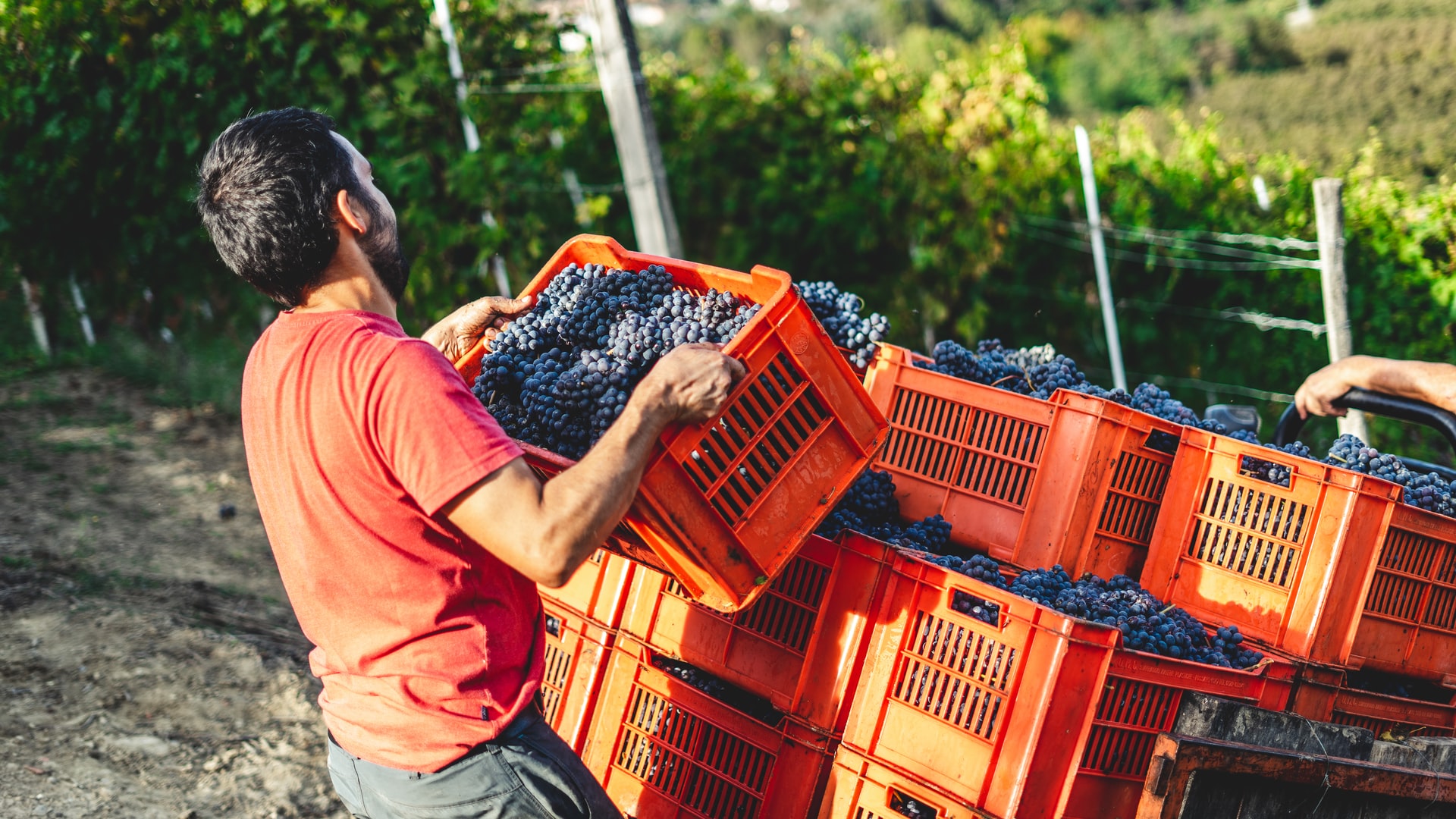Keyword: Traceability
Traceability systems are today a response to growing consumer demands for food safety and a tool for sharing responsibility between stakeholders in the supply chain. Several issues are involved in the need for traceability, food fraud, food safety and product recalls, compliance with regulations, environmental and social issues and increased consumer awareness.
The consumer is no longer a passive consumer, but an active consumer who is aware of the environment, health, and the conditions of workers in the production chain.
For companies, tracking and tracing products can lead to an increase in the value of business assets and an increase in profit through the reduction of long-term costs.
The use of blockchain can help achieve a high degree of traceability by storing data irreversibly and immutably. Blockchain technology creates a unique level of credibility that contributes to a more sustainable food industry. Products and raw materials can be tracked and monitored in real time throughout their lifecycle across the supply chain: farmers, processors, logistics, distributors and retail.
Animal products
The production of milk, meat, eggs and animal products in general are among the products that require both great attention in terms of food safety and issues related to animal conditions and the environmental sustainability of the production process.
Commodities
The blockchain is used to track not only transactions but also the origin of products in an immutable way. Extremely useful for products such as coffee and cocoa, where there is a strong focus on environmental and social sustainability issues.
Wine and PGI or PDO products
The use of blockchain is also very beneficial for all those high-value products or those that need to protect the indication of origin such as wine or PGI or PDO products. The blockchain could serve both to provide information on the product in question but also to reduce fraud and counterfeiting. For example, Made in Italy products are among the most counterfeited in the world. Coldiretti has estimated a counterfeiting of more than 100 billion euros.
Conclusions
With food systems on a global scale, data transparency and traceability through technologies such as blockchain are important for socially and environmentally conscious decision making and to facilitate trust between stakeholders.
Although ensuring food traceability with blockchain technology seems promising, there remain some limitations to consider and address, including regulations, stakeholder relations, data ownership and scalability. Several studies and also certainly a universal evaluation model will be needed in order to better understand the technology and possibly generate new implementations.
To conclude, in order for the implementation of a new system to be successful, this system should allow:
- reduce costs
- reduce risk
- save time
- increase trust and transparency
Stakeholders will only be willing to adopt a new way of working when they are convinced that the proposed method is easy to use, increases productivity and brings added value.
It is clear that the consolidation of new technologies in the conventional agricultural sector is a huge challenge that should be pursued step by step, and only by efficiently involving stakeholders directly in the supply chain.
Sources:
Blockchain in Agriculture Traceability Systems: A Review
Smart Agrifood
Fondamenti dei sistemi di tracciabilità nell’agroalimentare
Blockchain Services
We will help you discover, apply and benefit from the potential of Blockchain technology in your project and company.
Discover more